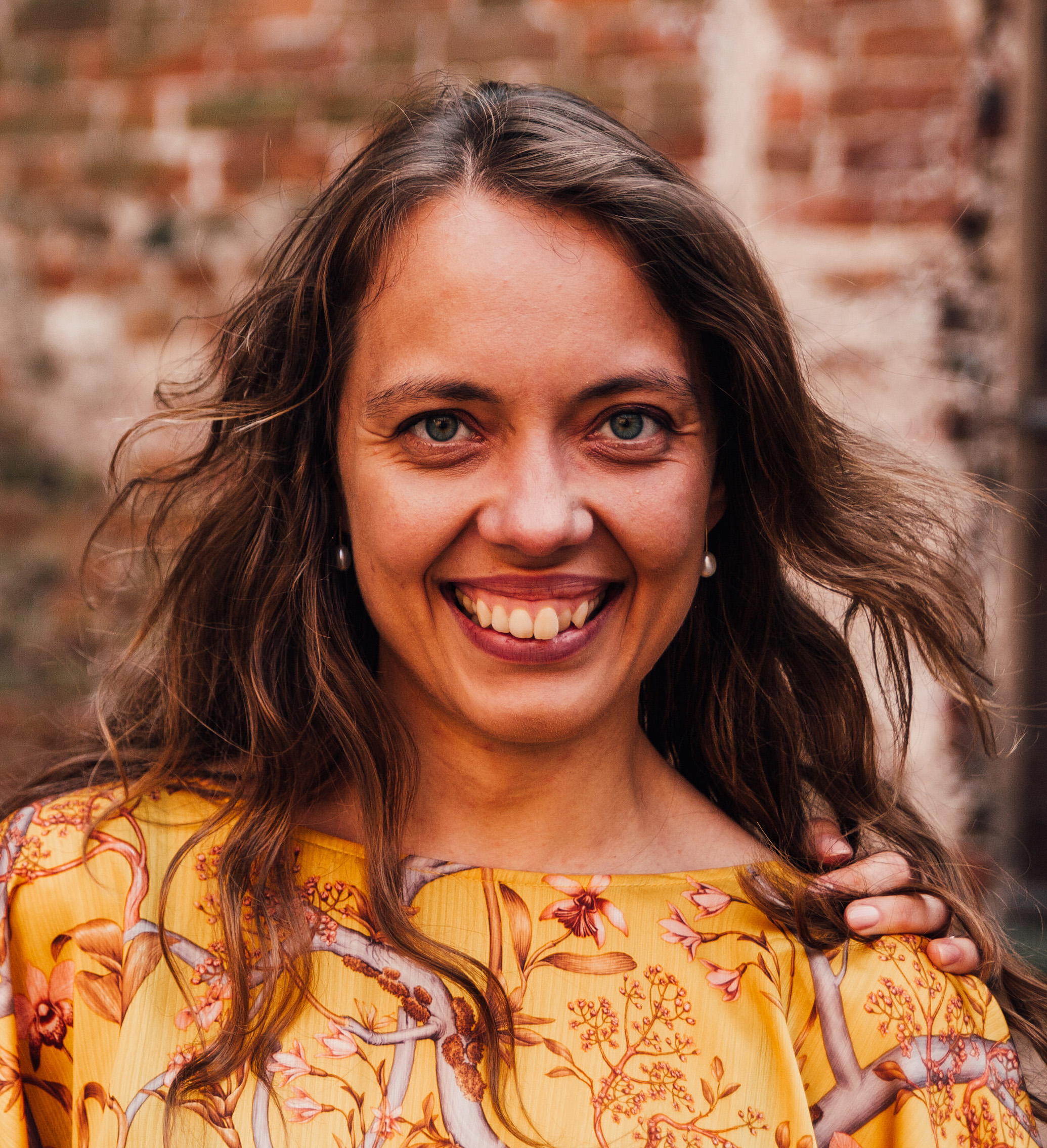Researcher Spotlight #39: Johanne S. K. Nedergaard
A short talk with Johanne about her research and interests.

Hi Johanne,
What is your background?
I grew up in Thy, a rural area on the northwest coast of Denmark. I've spent most of my university years abroad: I studied psychology, philosophy, and linguistics at Oxford University for my undergraduate degree and cognitive science for my master's degree at the University of Edinburgh. In 2019, I returned to Denmark to start my PhD in cognitive science.
What are your main areas of research, and what do you think makes them interesting and worth studying? Do you have any collaborators?
The human ability to use language to communicate and scaffold our thinking is endlessly fascinating to me, and the main question that has driven all my research so far has been: 'What is the relationship between language and thought?' This question is naturally interdisciplinary and has led me down many different methodological paths. My PhD specifically revolves around inner speech and its influence on how people behave, act, and solve problems – this is a topic I very much enjoy discussing with both academics and non-academics because everyone has relevant experience and insights about it.
My PhD research started out with a focus on how people talk to themselves during sport and whether it makes any difference for endurance. I then branched out to studying how people talk to themselves to stay focused in boring situations generally, and what is going on with people who claim to experience no inner speech at all.
I have been very lucky with my closest colleagues, especially my supervisor, Mikkel Wallentin, and the other PhD students at our department, and I collaborate with them on different projects. I also have exciting ongoing projects with Kenny Smith in Edinburgh (perspective-taking in communication), Anna Borghi in Rome (language and abstract concepts), and Gary Lupyan in Wisconsin (individual differences in inner speech).
How did you hear about Cognition and Behavior Lab?
When I first started running behavioural experiments at AU, my colleagues recommended that I reach out to COBE Lab.
How have you used the Lab so far? What are the main benefits of being able to use the lab in your opinion?
I have conducted two behavioural experiments at COBE Lab as part of my PhD, both involving participants cycling on an exercise bike while solving some cognitive tasks. My collaborators in Aarhus and I are also in the process of collecting data for another experiment taking place at the new Motion Tracking Lab at the Interacting Minds Centre where we've been fortunate enough to be allowed to borrow BIOPAC equipment from COBE lab.
For me, the main benefits of using COBE lab have been the wide range of software and hardware equipment available and the lab management's flexibility and willingness to accommodate my specific research needs. All the experiments I have been involved with have been somewhat non-standard in the equipment and facilities needed, and I am very grateful for the open-minded attitude of the lab management. Trine, Lasse, Dan, and Marc have all been extremely helpful whenever I needed to find an old kind of cable, buy a button that could be attached to a bike handle, learn to use new software, or find a shower for sweaty post-cycling experiment participants.
Is there a particular recommendation you would like to pass on to other researchers? Something you wish you had known before you started, or just a useful trick.
Get an academic Twitter or Mastodon account and start following researchers whose work you like! Academic social media is invaluable for keeping up with the zeitgeist, discussing issues in a relatively informal setting, and sharing your own research with people who will find it as exciting as you.
Could you recommend one academic book to fellow colleagues that you think is of great interest?
Because Internet: Understanding the New Rules of Language by Gretchen McCulloch. This is an extremely entertaining book about how being on the internet has changed the way people use language. It puts a spotlight on how swiftly our grammar and lexicon can change, and makes you realise that you already understand these new rules without even being aware of it.
Finally, what do you enjoy doing away from your research?
I play rugby at Aarhus Rugby Klub and am also usually involved with climate activism (though currently taking a break from that to focus on finishing my PhD). Other than that, I enjoy reading and writing fiction, baking sourdough bread, and singing.